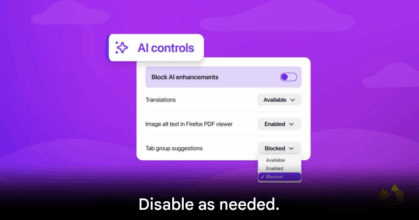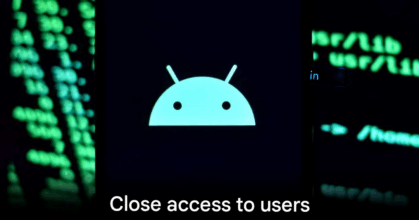
At IFA Berlin, Intel reassured gamers and PC builders that its Application Optimization tool, APO, remains a key focus despite internal restructuring and past update delays. APO has been designed to improve gaming performance on Intel hybrid CPUs by concentrating demanding workloads on P cores for more efficient and smoother gameplay. Although fewer than fifty games are currently supported, Intel promises updates will continue on a quarterly schedule, with the most recent rollout released in May and another due soon.

This tool debuted with 14th Gen Core Raptor Lake Refresh chips, later expanding to Arrow Lake Ultra and older architectures, but the company confirmed APO updates for 12th and 13th Gen processors are being phased out to focus on current and future offerings. The tool’s strength lies in its precision since each game receives its own tuning, which explains why support matures slowly but delivers smoother frame rates and improved 1 percent lows across supported titles.
New titles are being added regularly, including heavy hitting names like Metro Exodus Enhanced, Dyson Sphere Program, God of War, Cities Skylines, and EA Sports FC 24. Performance gains vary, with frame rates increasing by up to fourteen percent in some cases and notable improvements in stability as well.
While these advancements appeal to PC gamers seeking optimized gameplay, reports from users illustrate that progress is not universal. Results differ based on hardware, system configuration, and game titles. Players using overclocked systems or unsupported processors may experience inconsistent outcomes. Moreover, some APO runs deliver minimal or even negative performance changes, showing that the benefits can be situational.
Despite these limits, Intel’s clarification offers reassurance that APO will continue evolving, although more selectively. By refining its focus on newer architectures and iterating on game support, the company positions APO as a long term performance enhancer rather than a temporary feature. For Southeast Asia’s gamers and PC creators, this signals a stable commitment to sustained upgrades, even if not every rig will benefit equally.
origin: tomshardware





